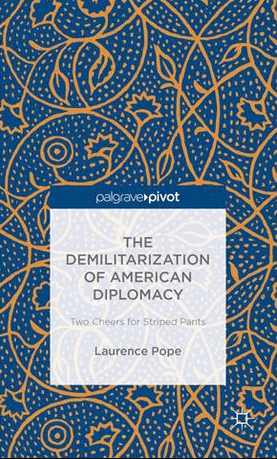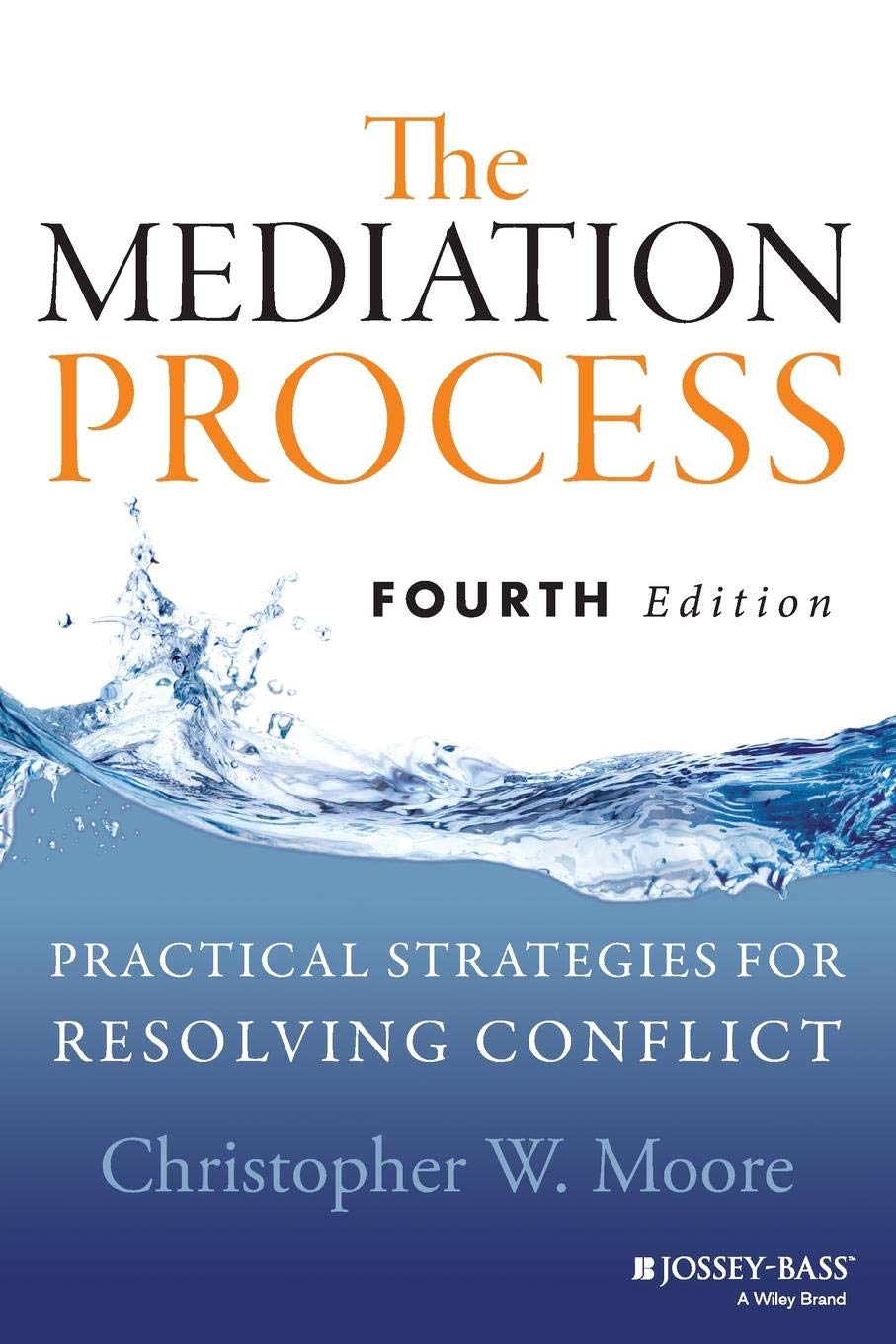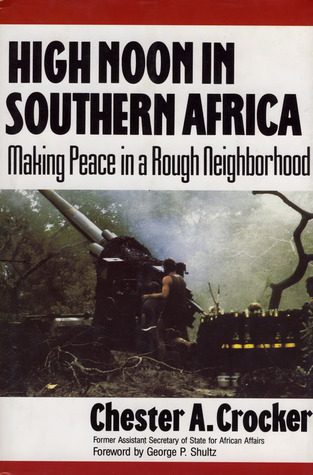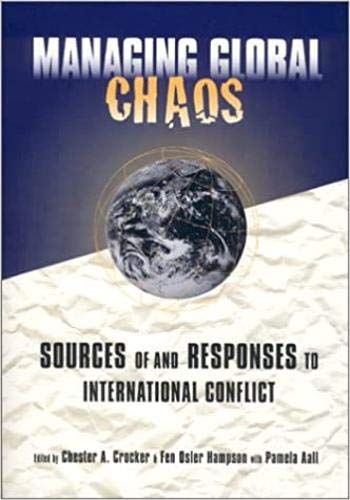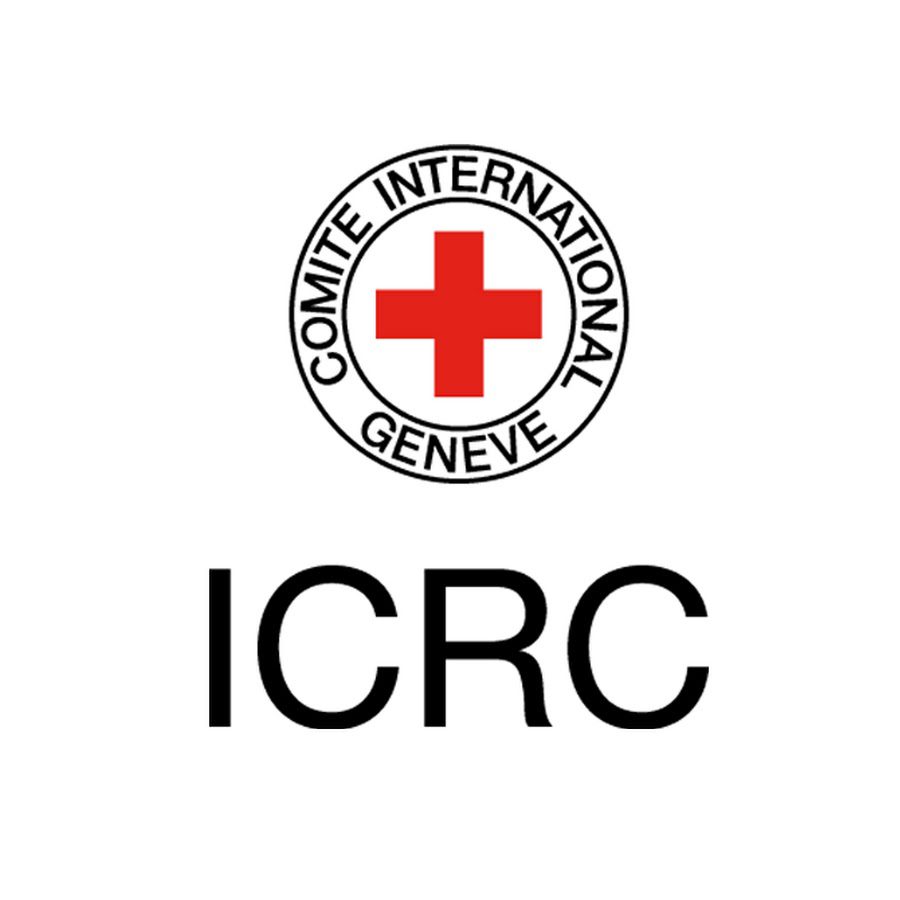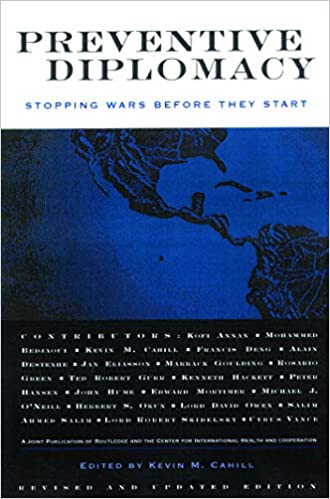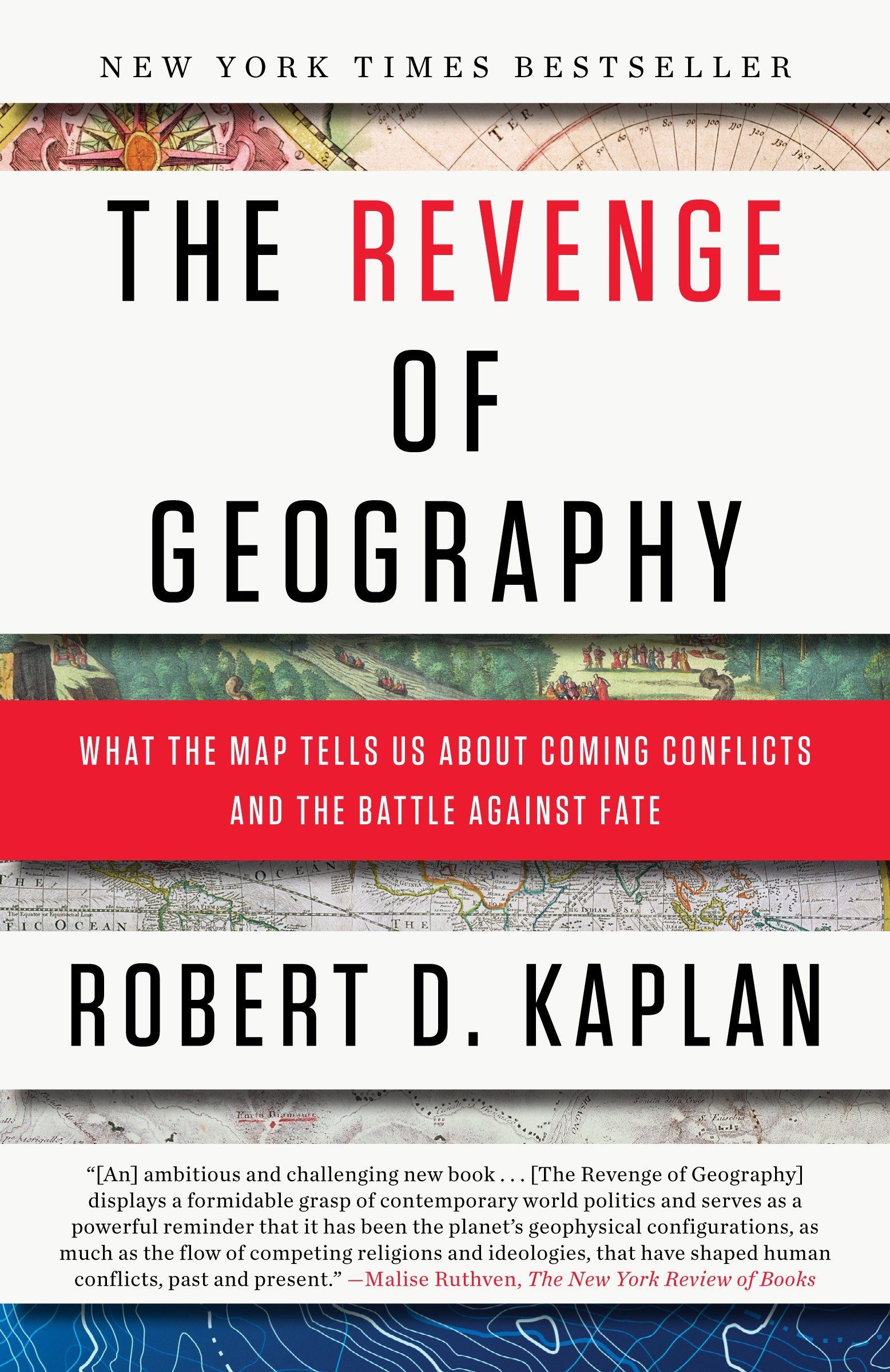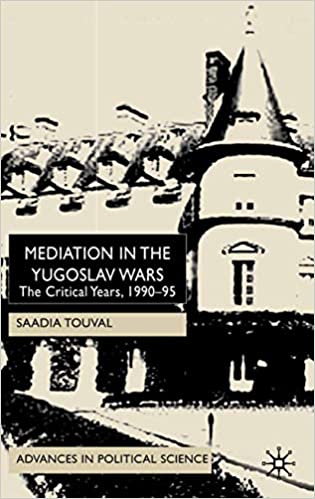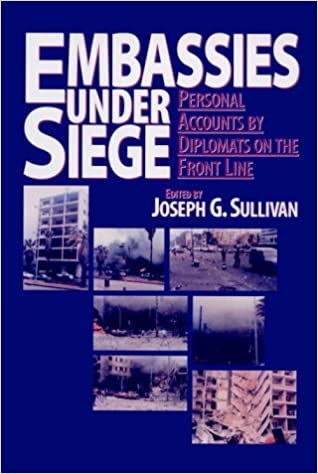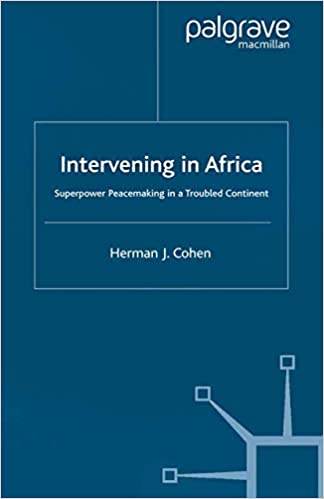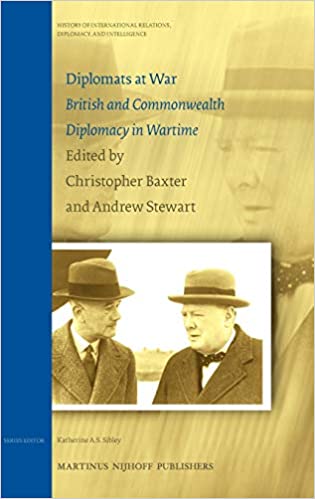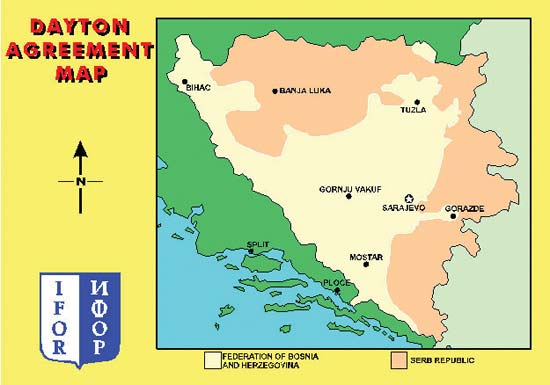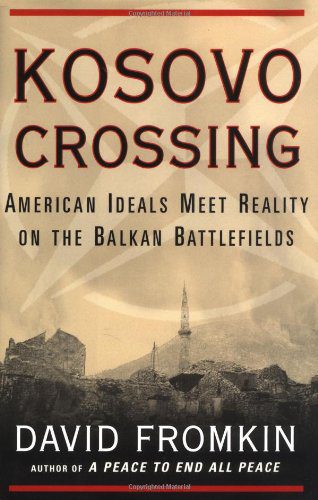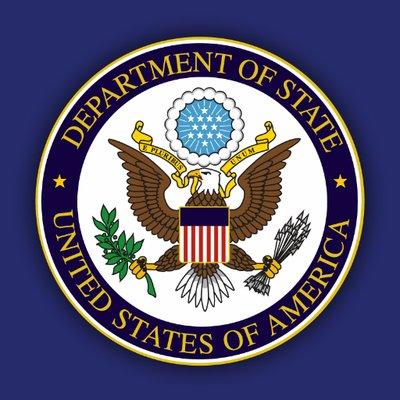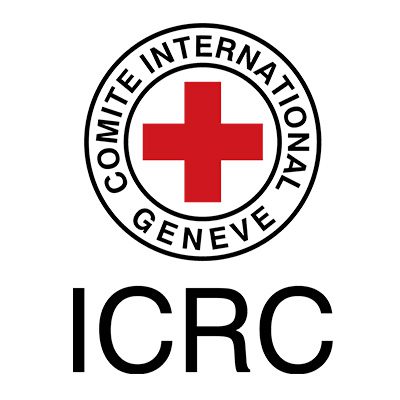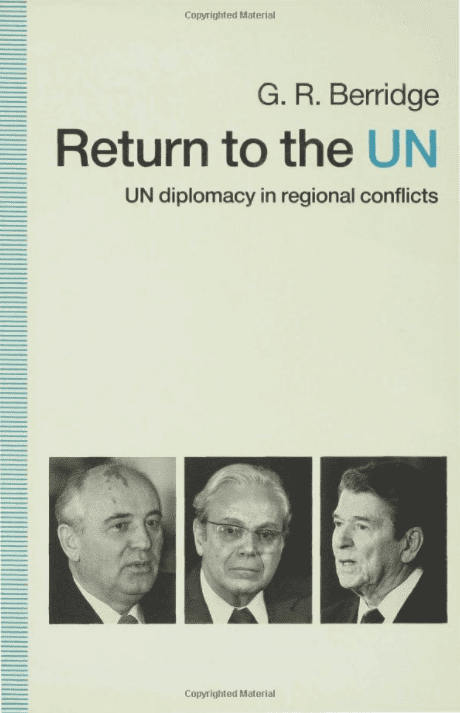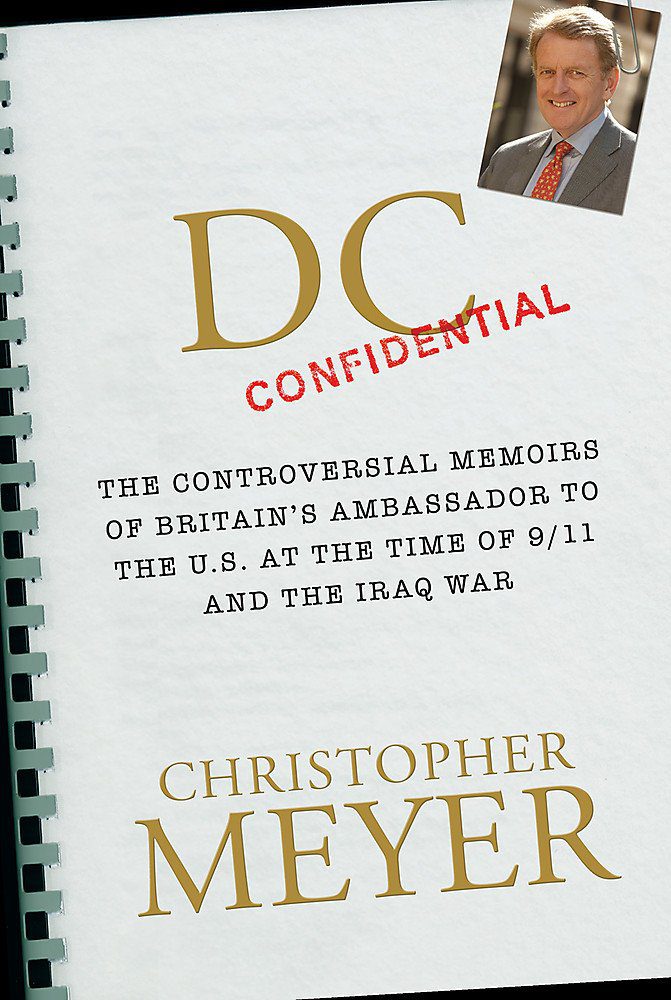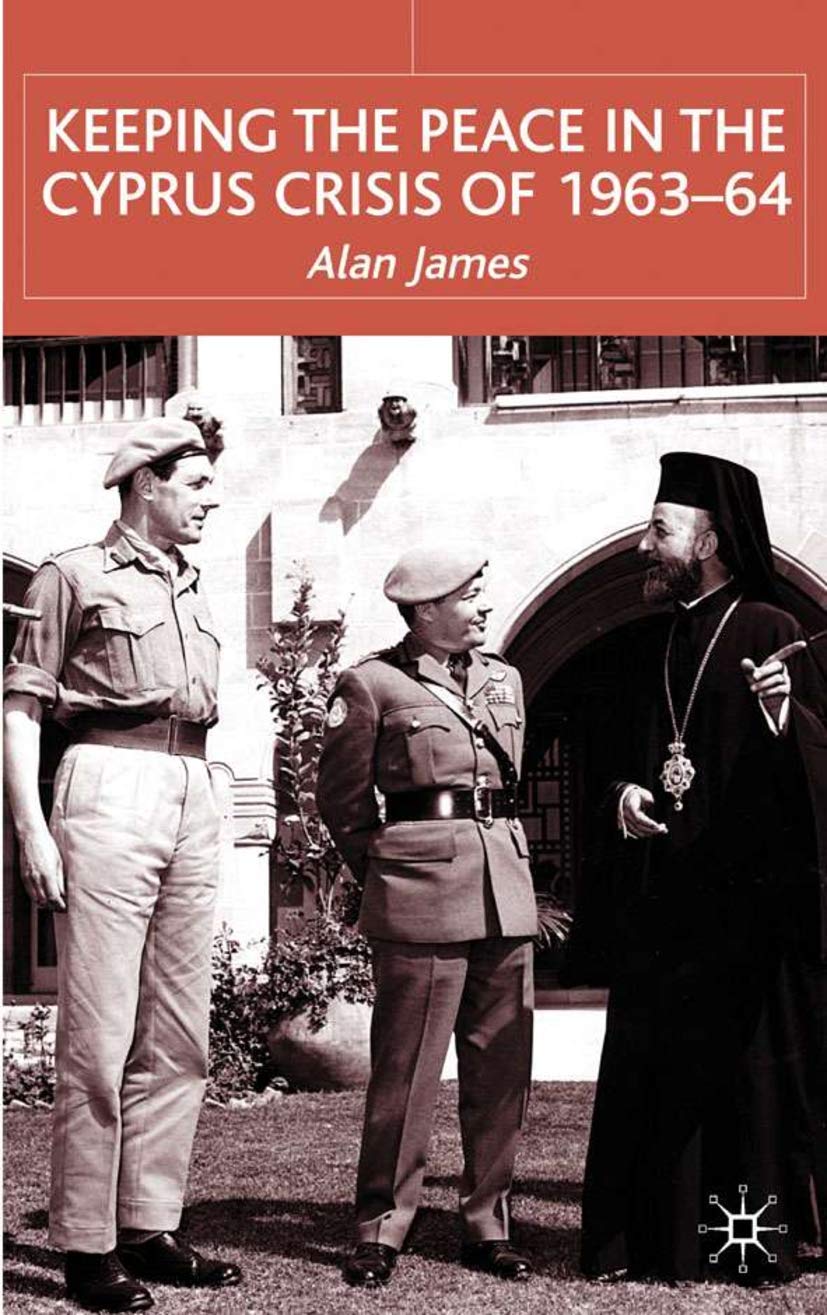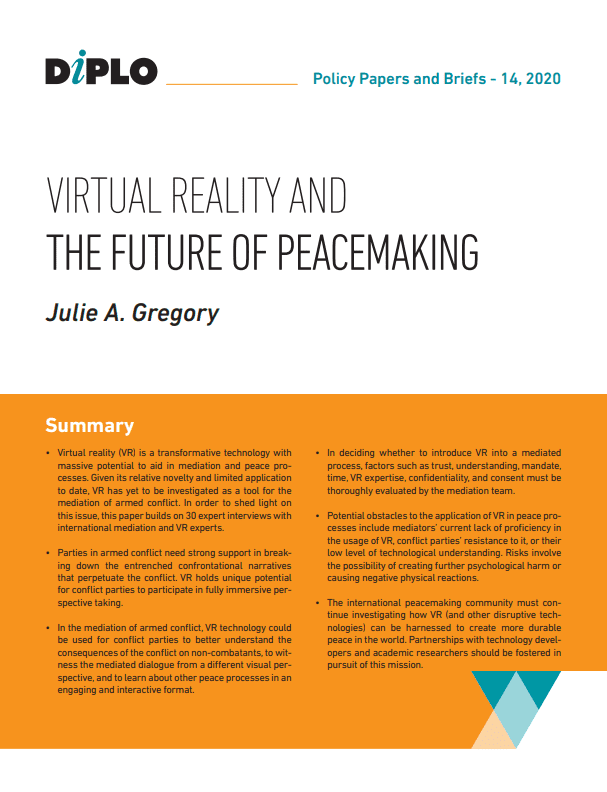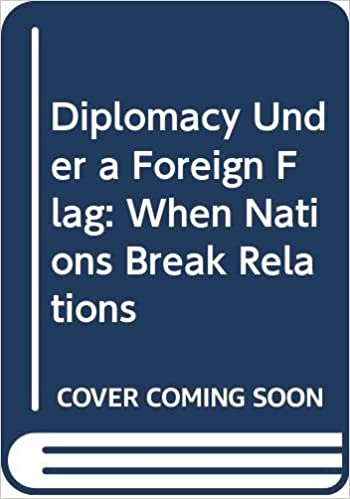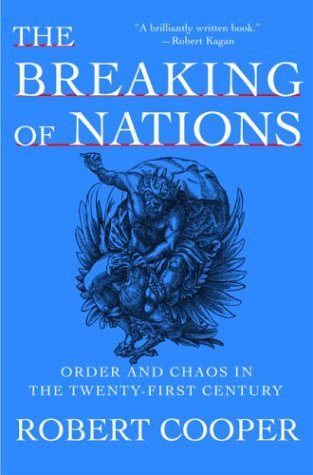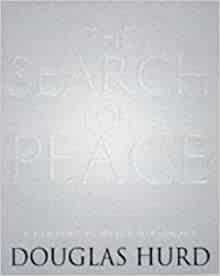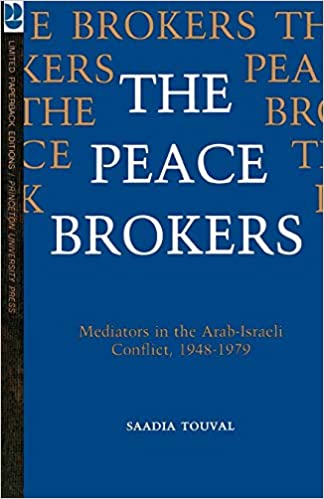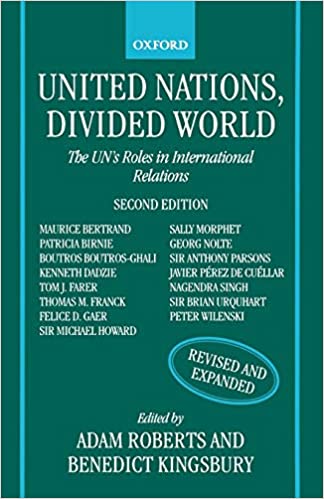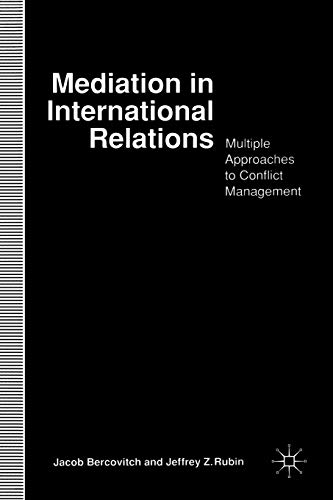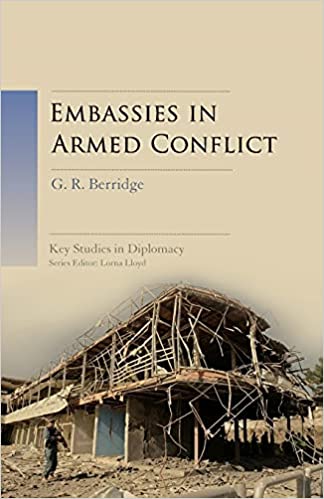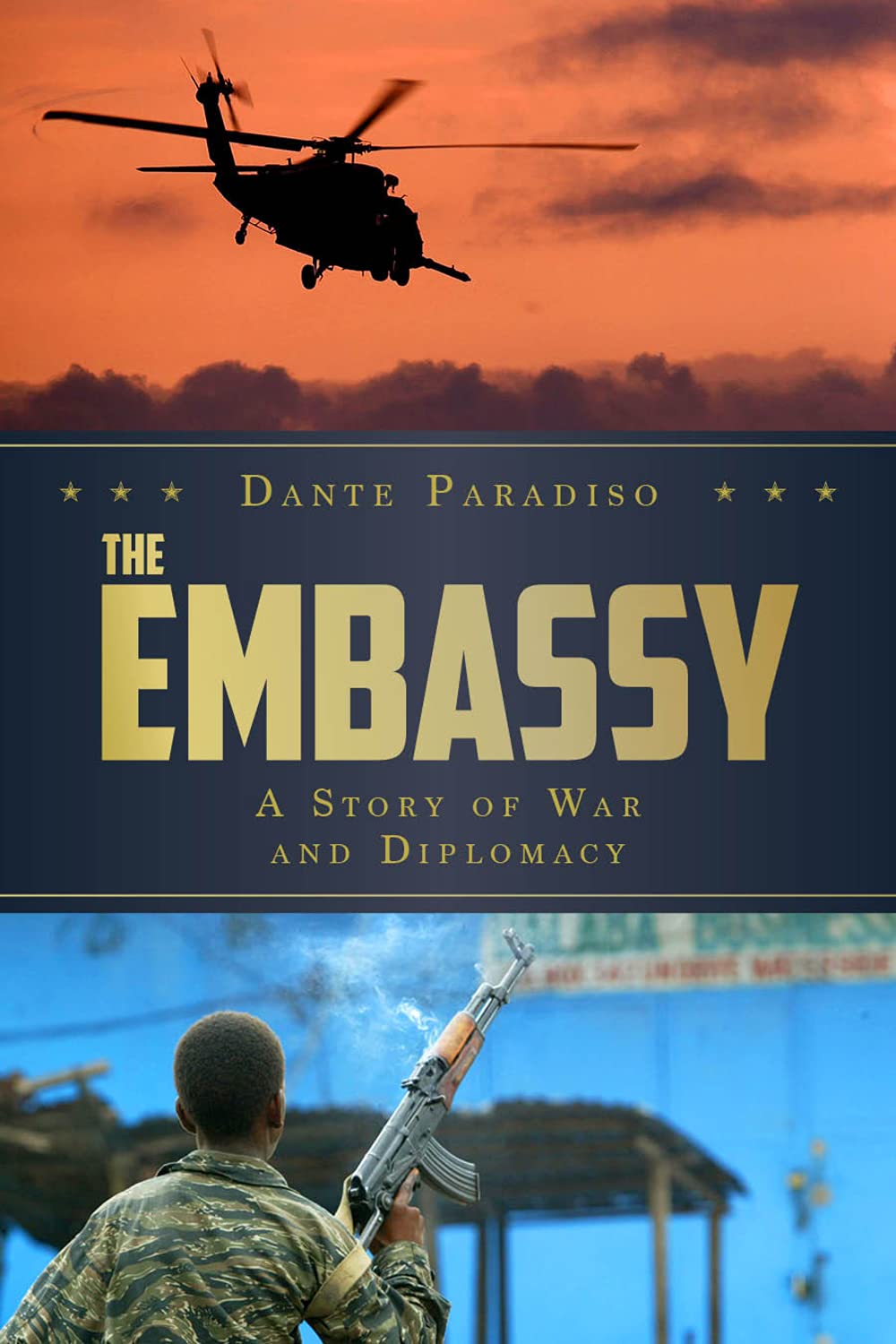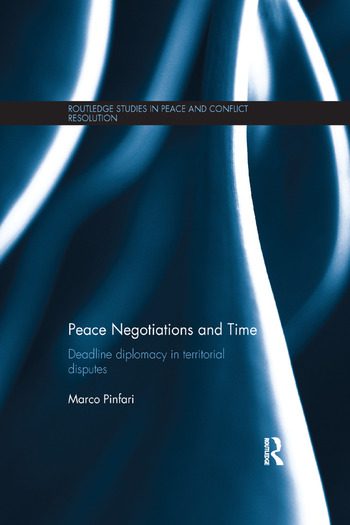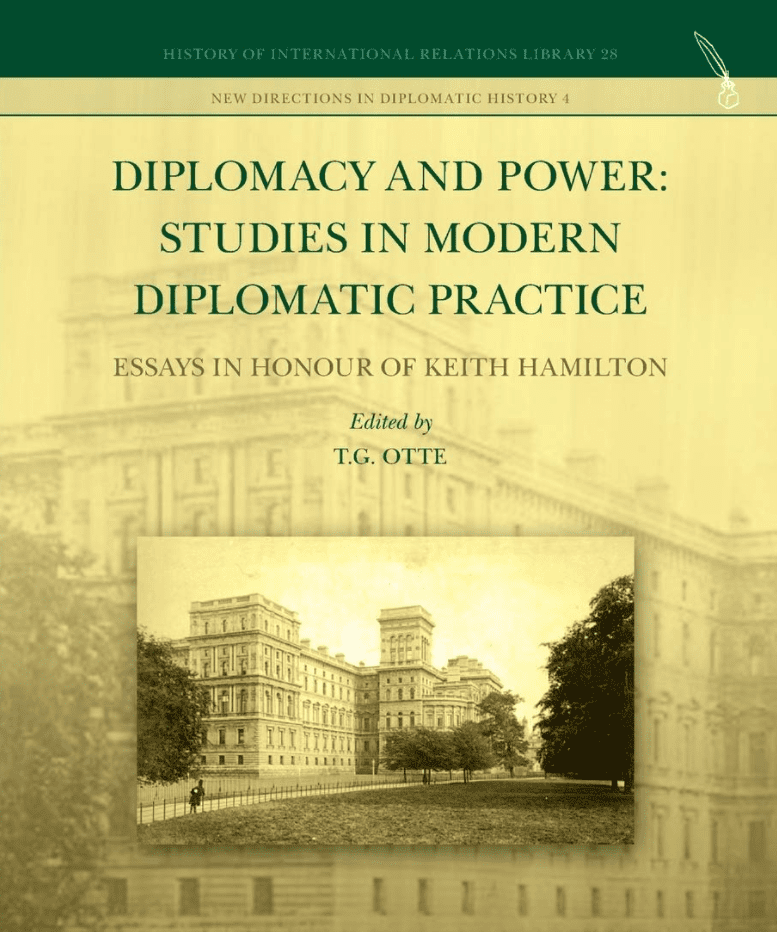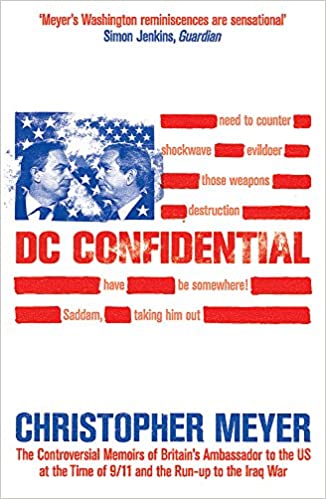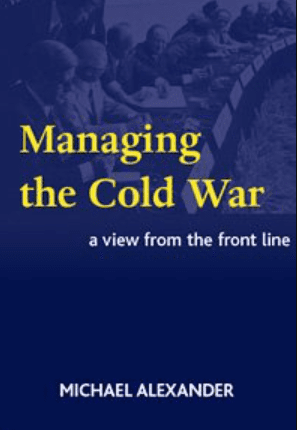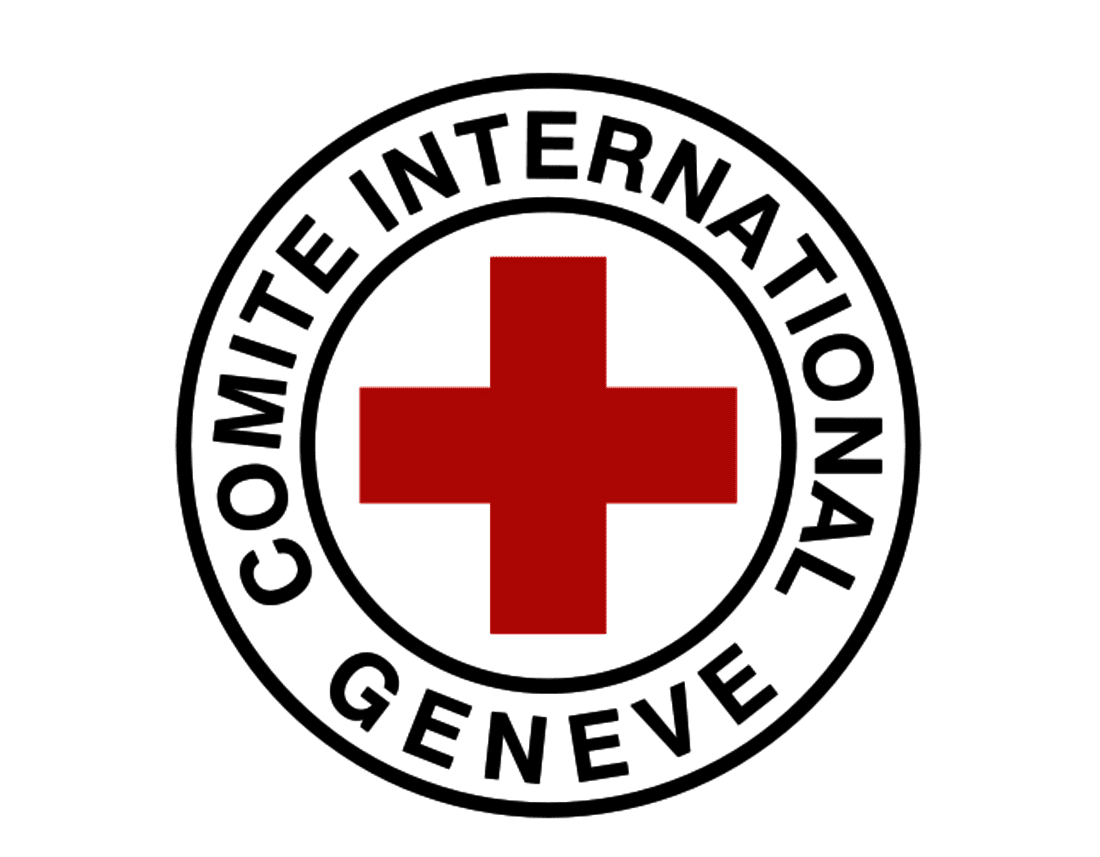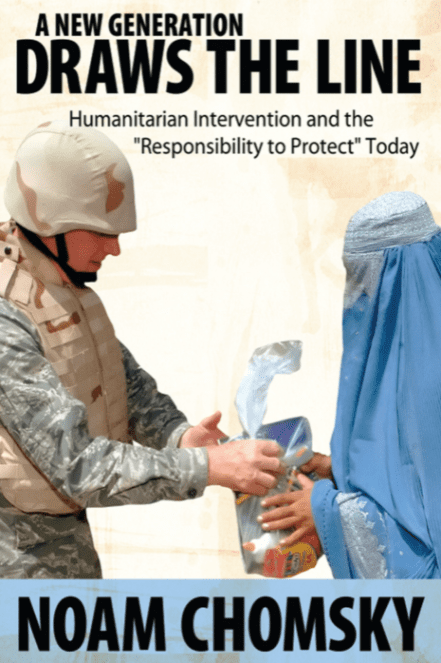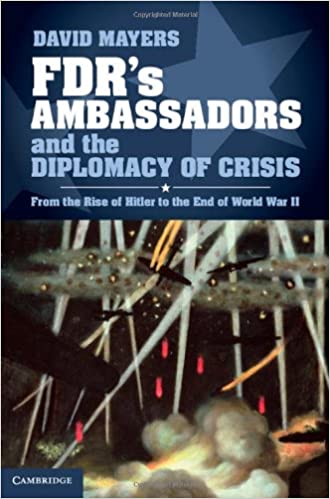Author: Geoff Berridge
The Demilitarization of American Diplomacy: Two cheers for striped pants
2014
The trenchant contribution to this subject of the outstanding American scholar-diplomat Laurence Pope is published in Palgrave’s ‘Pivot’ series of short books designed to be brought out quickly.
Its contents list and other details, including numerous well-deserved plaudits, can be seen here.
This book is an account of the marginalization of the State Department and the running down of its Foreign Service professionals to such a degree that retired ambassadors are constantly begged to return to work. It is also an indictment of the groups and institutions that have elbowed them aside, not least on policy on cyberspace. Prominent among these are the arrogant and ignorant neo-cons; the White House’s ‘off-the-books’ National Security Staff (NSS); and the various components of the ‘military-intelligence complex’ fattened to gargantuan proportions by the so-called ‘War on Terror’. And it is an alarm bell rung over the consequences of this lamentable state of affairs, namely failed nation-building wars, the continuation of ‘Washington’s propensity for making foreign policy without reference to foreigners’, and the resulting prospect of more bloody ‘engagements’ in the future – this time courtesy of Special Operations Command (which already has a presence in over 100 countries), since the more thoughtful conventional military have been sobered up in Afghanistan and Iraq.
In what are in effect long asides to Pope’s main theme, but telling all the same, are gently mocking accounts of the manner in which the State Department has sought to mask its irrelevance in Washington. Notable among these are ensuring the secretary of state spends as much time as possible in the limelight abroad; seeking the endorsement of its ‘globaloney’ by academics who, mesmerized by ‘networks’, wouldn’t grasp the nature of the state even if, while on sabbatical, their own university were to be wiped it by a drone strike (my example, not his); parading its enrapture with social media, the employment of which is doomed to confuse the public with the personal; fussing over house-keeping matters; and producing vacuous and turgid four-yearly reviews (the QDDR), the first of which no diplomats known to the author read and in the White House produced ‘nothing but yawns’.
What is to be done to demilitarize American diplomacy? Other than readily deducible prescriptions prompted by his criticisms of fortress embassies (‘foreign bases’) and the sale of ambassadorships to pay off campaign debts, Pope has no detailed proposals for the institutional reform and resurrection of the State Department and Foreign Service. Instead, he confesses, his main contribution – no mean one – is to highlight the need for this, which is the more urgent, he maintains, because those who think the sovereign state is finished are living in a parallel universe and the decline of American power relative to China and other rising states is inevitable. But he does add that there is something to build on, in particular the continuing high calibre of most Foreign Service Officers – so well advertised, ironically enough, by the quality of their cables released by Wikileaks – and the formal authority of the chief of mission as representative not of the State Department but of the president. With ‘mission and leadership,’ he urges, much could be achieved.
It is a pity that the title of this book is misleading. After all, it is about the militarization – not the demilitarization – of American diplomacy. More importantly, I think the author goes too far in suggesting that to all intents and purposes the United States no longer has a ‘foreign ministry’. Surely, it has lost one but gained another – the National Security Staff. This, as Laurence Pope points out himself, now has hundreds of officials; these include senior directors for every region of the world, each with their own staff, ‘replicating the State Department’s organization’; while able officials in State seek promotion in the NSS. Of course, on the face of it, it is absurd that the United States should have both a de jure and a de facto foreign ministry but the demise of the former’s functions should not be allowed to obscure the fact that, somewhere, they are still being executed. Pope knows this, of course, but I think it could be brought out more clearly.
Few people are better placed than this scholar-diplomat to provide a convincing account of the nexus between diplomacy and the military because, as well as having been a member of the US Foreign Service for 30 years and delved deeply into the history of his profession, Laurence Pope was for part of this time Political Adviser to Central Command (he is an Arabist) and in his retirement was a consultant to the military. This is a book that must be read. It is also a highly engaging read, replete with pungent observations and memorable aphorisms. A propos the various fashionable fantasies that states are on the way out, I particularly liked his line that ‘Palestinians aspire to a state with a territory, not to a website.’ For those unable to secure this book, more of its flavour can be obtained from this interview.
—————
Originally posted on Geoff Berridge’s website; reproduced with permission of the author.
